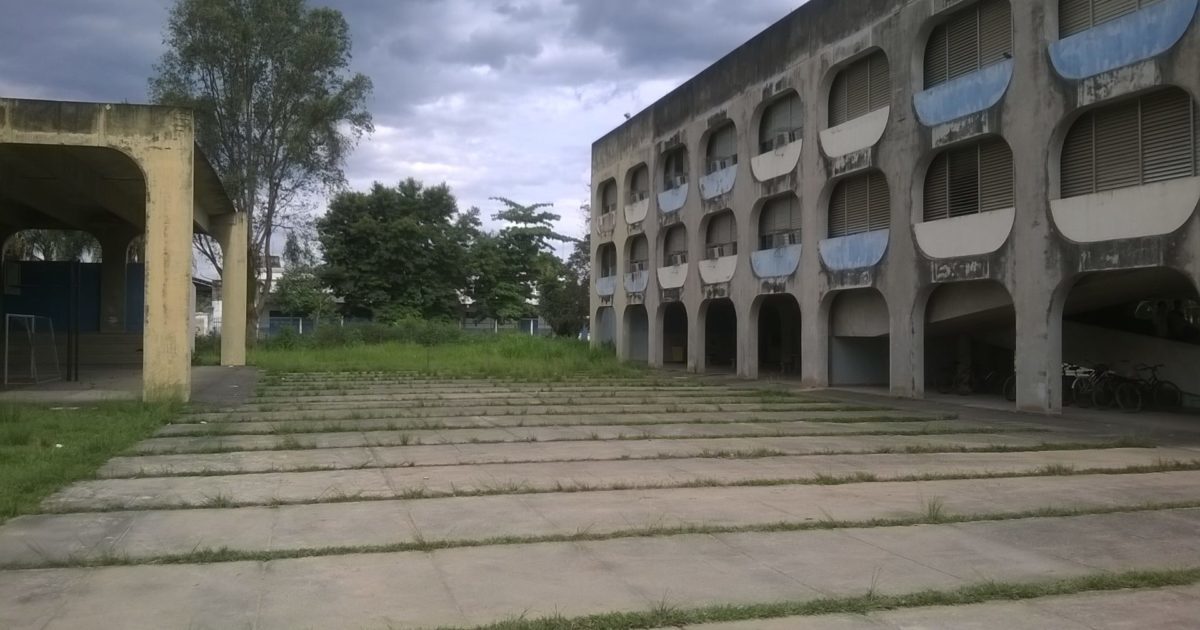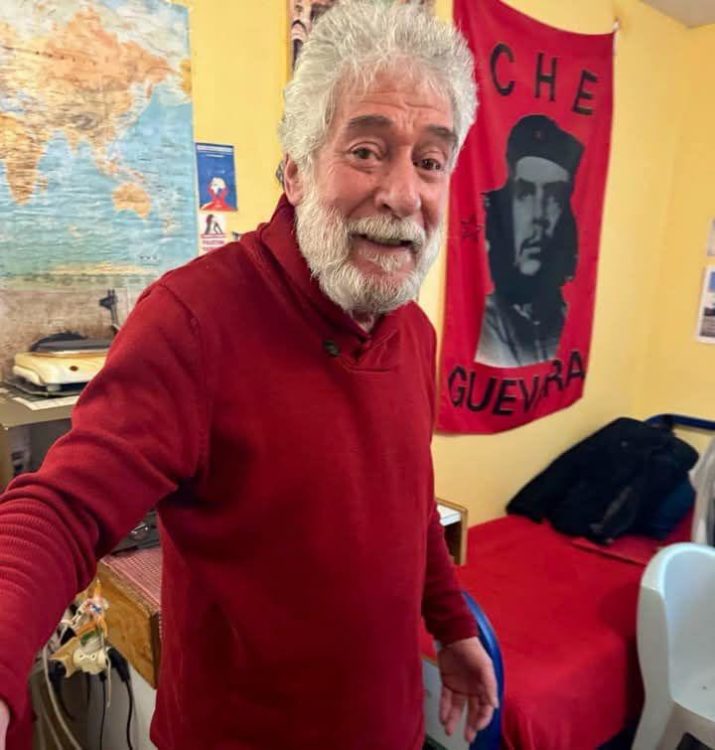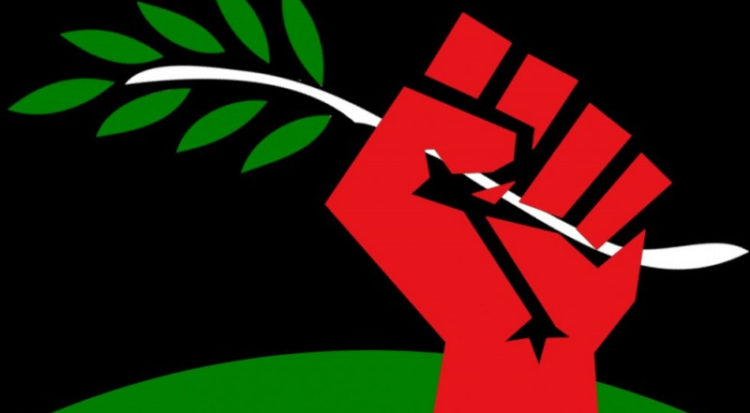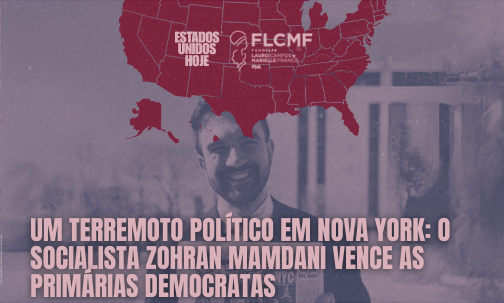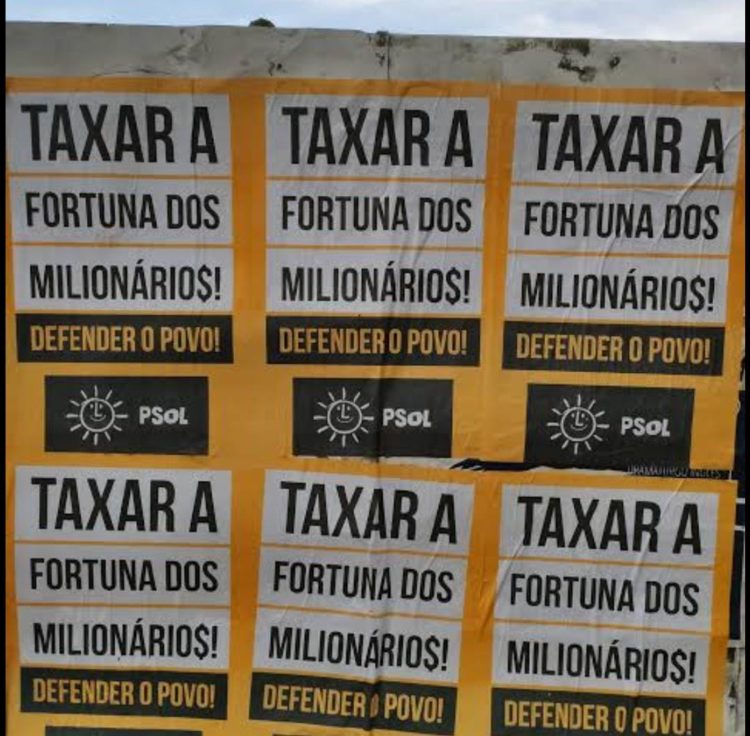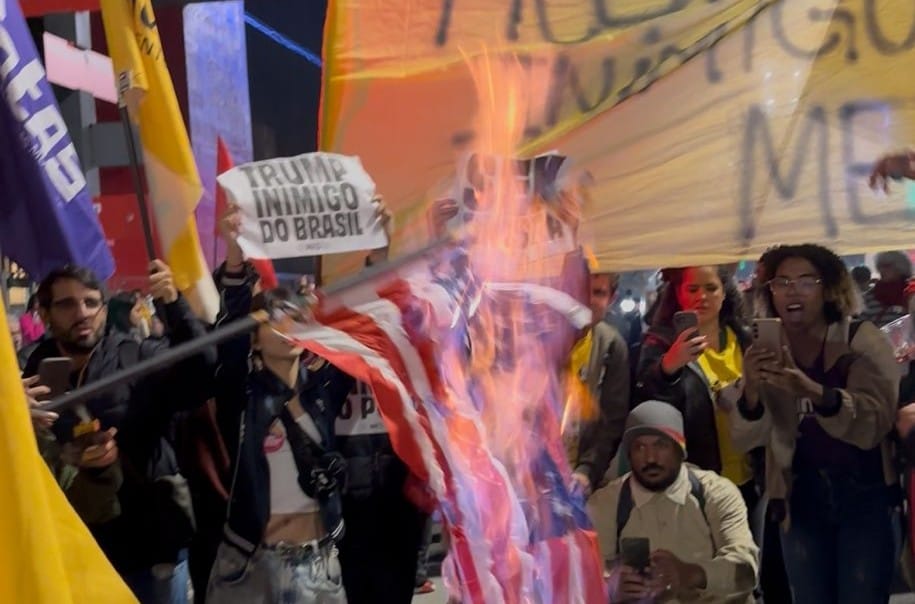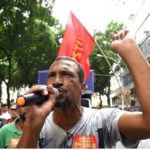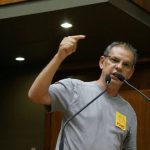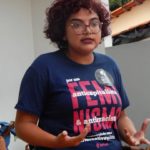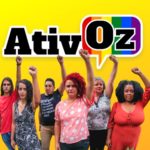Far right, attack on schools and the new high school education program
In these difficult and dichotomous times we live in, one thing is certain: the extreme right is articulating itself to attack the pillars of democracy and education.
The successive attacks that we have seen in recent months in São Paulo schools, which culminated with the death last week of teacher Elisabeth, show the escalation of violence in the school environment. The death is the peak of this violence, but all over Brazil there are more cases of intimidation to educational professionals and among students.
It is necessary to put a stop to this, but for this, we need to reflect honestly on how to proceed in this situation of intimidation.
The school as a reflection of a violent society
The sentence here is obvious: the school environment carries within itself the contradictions of society. And we can consider one of the most alarming contradictions, which falls especially on the poorest people, the issue of violence. We are talking about a population that is more and more used to live with an abusive degree of violence in their daily lives, be it from the state or from some parallel power. And for abusive violence not to be the trigger of a rebellion that puts the oppressed in revolt, it also needs to be ideologically naturalized. This is basically the common path of a bourgeois society.
But in the last four years, with the rise of Bolsonarism, we have experienced an escalation of this violence also at the institutional level. This is because Bolsonarism, as an authoritarian project of power, cannot give credibility to the institutions or even to the rules in force. After all, they are part of a distorted society, which the authoritarian project that presents itself as new wants to eliminate.
Thus, the rights of minorities, freedom of thought, forms of coexistence in society and mutual respect become obstacles to the construction of this new future. And the construction of this authoritarian perspective must necessarily be violent, because it needs to break with all the accumulation of the previous society, to force social sectors to go backwards.
Violence ceases to be something merely disruptive of a problematic society and becomes a method for resolving conflicts and differences. This behavior has been largely encouraged by the highest authorities in the country over the last four years. And we can clearly observe the escalation of this method in the most varied environments.
The extreme right in schools
It is evident that public education is going through a process of decay. Teachers and employees are lacking, and many schools have precarious structures. An environment of abandonment is conducive to violence. But these are old known elements of this equation, what is really new is the advance of the extreme right in Brazil.
In only three years, the Nazi cells have grown 300% in Brazil. Strategically, its growth strategy is to recruit young people, who, in general, have a lower middle class profile. Many times they come from problematic families, violent areas and have experienced some kind of oppression. This profile is not by chance; after all, these are young people who have no reason to love the current society, but to hate it. And hate is the main fuel of the extreme right.
This young person, more and more without rights, without any future perspective, without trust in the State that has always oppressed him, and unbelieving in this society that causes him so much pain, can only be an easy target for the co-optation of an authoritarian ideological project. Fascist and Nazi cells will provide some misguided explanation as to why there is so much suffering, and then will teach them to redirect their hatred toward some minority.
Logically, in serious cases such as those that happened in São Paulo, there is a need for judicial and administrative measures to be taken. But this will not be enough. We are facing a problem that is strictly social and political. It needs investigative action, to dismantle these criminal cells, but it needs social mobilization. To debate widely what is happening in Brazil and to attack the conditions that engender the reproduction of a violent ideology. The entire category of education needs to be prepared for this confrontation, after all, they are one of the priority targets in the purging process.
The new high school education system is another strike in favor of fascism
Here the debate is very simple. Take a young person who grew up in the midst of violence, serious social contradictions, deprivation of rights and also material deprivation. Having a difficult and sacrificing life. Possibly a target of prejudice and discrimination for a lifetime. Don’t offer him the opportunity to explain, from a historical and sociological point of view, the reasons for such a latent contradiction in his life. Don’t offer him the chance to explain the absolutely unequal social formation of this country, don’t offer him the chance to explain the division of society into social classes and who are the real enemies we have to defeat.
Instead, prepare him not for a perspective that this society can be transformed, but for a logic of adaptation to a tragic society like ours. Where the possibility of a better future, not only for himself, but for all his own, is vanishing. The school wants to prepare this young person for society as it is. So the problem is no longer the social formation and its functioning, but a matter of individual adaptation.
This is exactly what the new high school proposes to do. Preparing young people to be functional for this exploitative society, without offering any commitment to ethics. This is not only extremely dangerous, it is absolutely functional for fascism.
In this way, defeating the new high school is one of the priority tasks in the whole of what we have to do in the educational field, to confront the rise of the extreme right.
